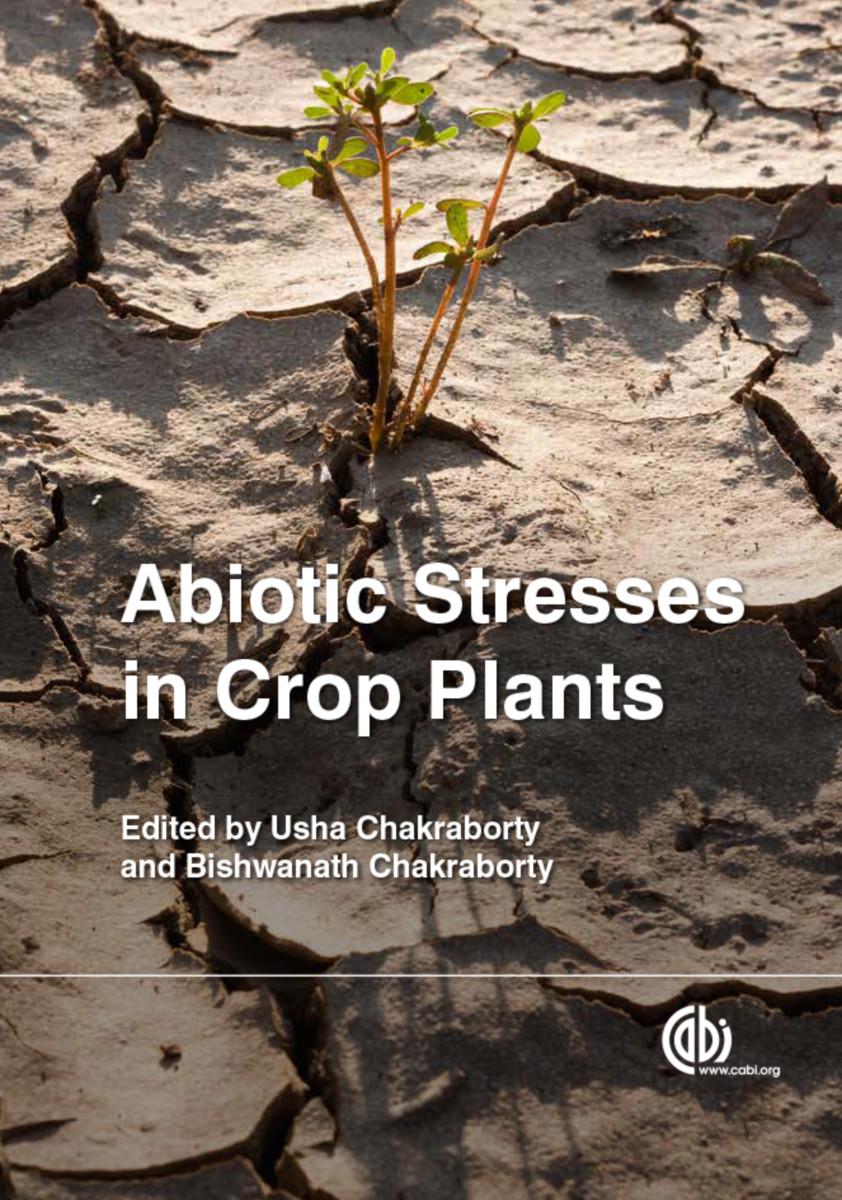Abiotic Stresses in Crop Plants
- Publisher
CABI - Published
31st August 2015 - ISBN 9781780643731
- Language English
- Pages 278 pp.
- Size 6.75" x 9.5"
This book is based to a great extent on the biochemical and molecular mechanisms of tolerance of commonly encountered abiotic stresses in nature. This book will deal with increasing temperature, water, salinity, and heavy metals and ozone, and how these abiotic stresses can be managed by microbes through their alleviation mechanisms. Water stress includes both drought and flooding. The first section outlines the relevance of abiotic stresses in present day environmental conditions. The second section deals with three major stresses--temperature, water and salinity and the metabolic changes and protective adjustments in plants for withstanding these stresses. The third section deals with the role of heavy metals and ozone. The final section is devoted to general abiotic stresses and their alleviation by microbes. These offer a cost-effective and eco-friendly means of combating different stresses.
Section I – Introduction
Section II – Temperature, Water and Salinity Stress
1. Heat Shock Proteins and Molecular Chaperones: role in regulation of cellular proteostasis and stress management
2. Heat response, senescence and reproductive development in plants
Ethylene, nitric oxide, and hemoglobins in plant tolerance to flooding
3. Monitoring the activation of jasmonate biosynthesis genes for selection of chickpea hybrids tolerant to drought stress
4. Genetic Engineering crop plants to sustain drought tolerance
5. Physiology and biochemistry of salt stress tolerance in plants
6. Sugarcane (Saccharum sp.) salt tolerance at various developmental levels
Section III - Heavy metals and Ozone
7. The impact of ozone pollution on plant defense metabolism: detrimental effects on yield and quality of agricultural crops
8. Potentiality of ethylene in sulphur-mediated counteracting adverse effects of cadmium in plants
9. Heavy metal and metalloid stress in plants: The genomics perspective
10. Influence of arsenic and phosphate on the growth and metabolism of cultivated plants
Section IV - General Abiotic stresses and their alleviation by microbes
11. Plant responses to abiotic stresses in sustainable agriculture
12. Interactive role of polyamines and reactive oxygen species in stress tolerance of plants
13. Indirect and direct benefits of the use of Trichoderma harzianum strain T-22 in agronomic plants subjected to abiotic and biotic stresses
14. Role of microorganisms in alleviation of abiotic stresses for sustainable agriculture
Usha Chakraborty
Usha Chakraborty is at the University of North Bengal.
Bishwanath Chakraborty
Bishwanath Chakraborty teaches at the University of North Bengal.


